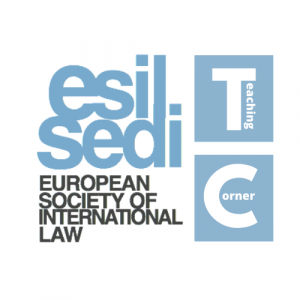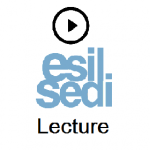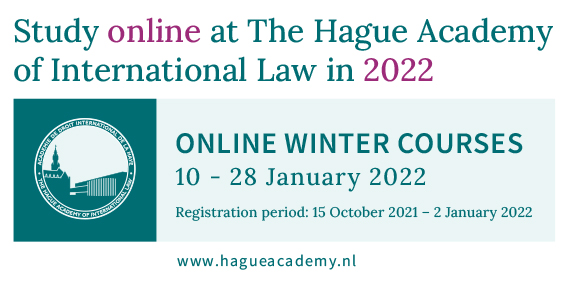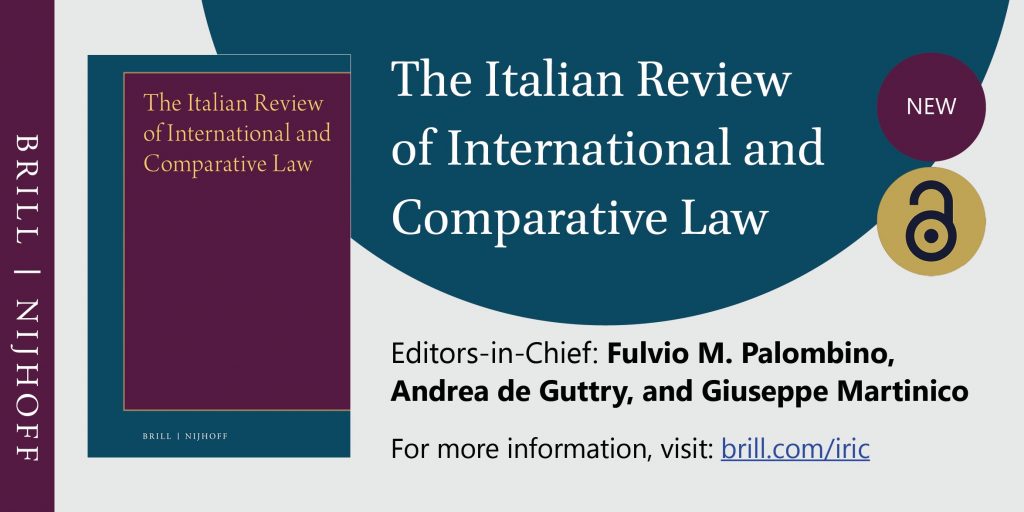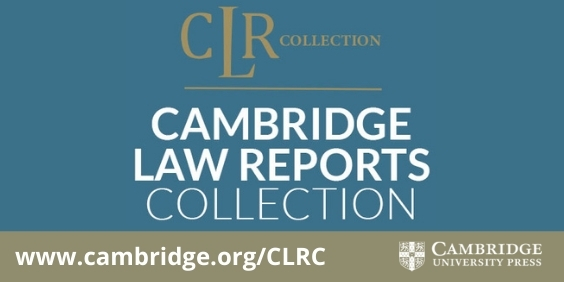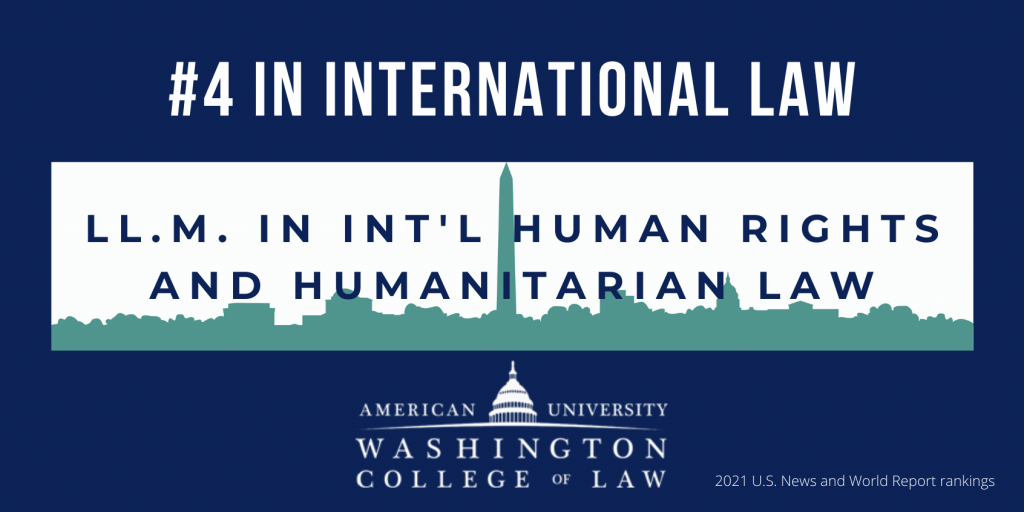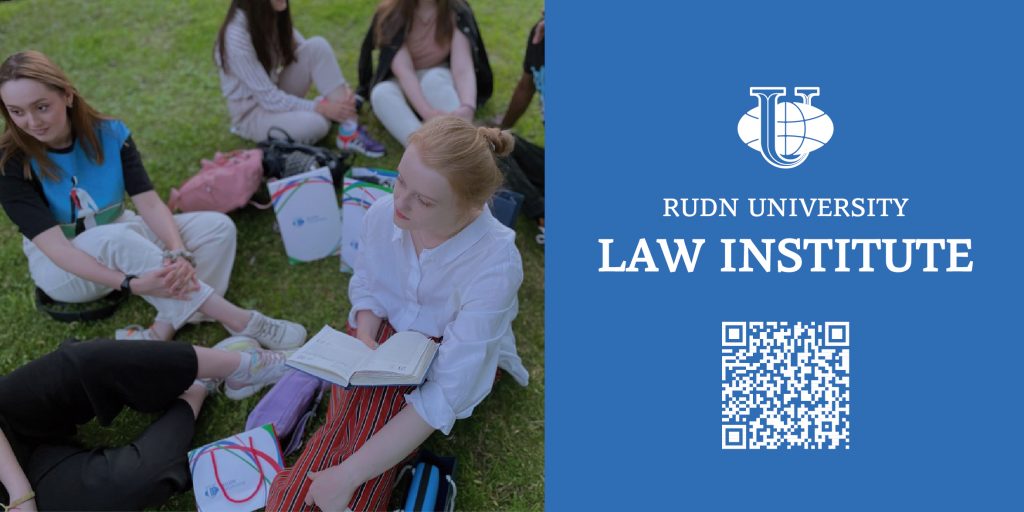ESIL Newsletter – Autumn 2021
Editor: Sandrine Maljean-Dubois (University of Aix-Marseille)
 In this issue
In this issue
-
- Message of the President
- Guest Editorial by Alain Pellet: The Proper Use of Sovereignty
- Farewell Address by the ESIL Secretary-General
- What’s Going On?
- ESIL Teaching Corner
- Statement of Principles on Diversity, Equality and Inclusion
- ESIL Series
- ESIL Paper Series
- ESIL Reflections
- ESIL Lectures
- News from Interest Groups
1. Message of the President
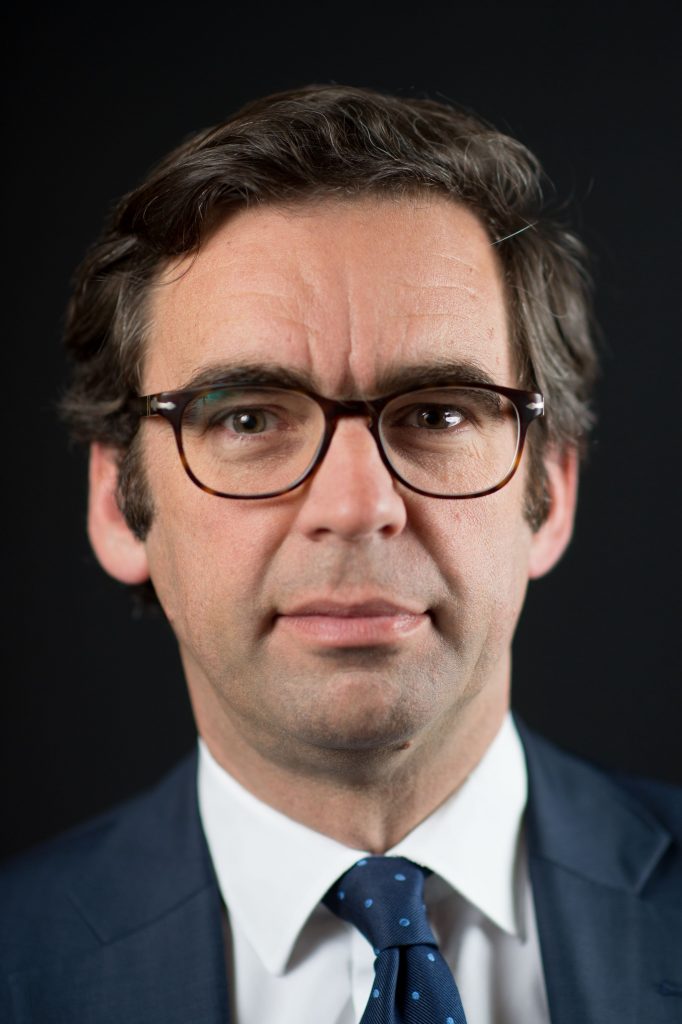
At the 16th Annual Conference in Stockholm, my colleagues of the ESIL Board elected me as President of our Society for the next two years. I am extremely honoured by their trust and I look forward to working with them for the greater good of our Society and its members.
I am taking over ESIL’s presidency from our colleague Photini Pazartzis who led the Society during the most unexpected global health crisis that our generation is likely to endure. Fay—who certainly imagined another kind of presidency—was faced with uncomfortable decisions concerning our planned activities and work methods. I wish to thank warmly Fay for her leadership at the helm of our Society during this difficult period; her calm, understanding, pragmatism, wisdom and determination helped us collectively and allowed the Society to strive despite dire circumstances.
In her task, Fay was assisted on a daily basis by two persons I also want to thank warmly: Veronika Bilkova and Hélène Debuire Franchini. Veronika continued to act as our Secretary-General with the precision, clarity and frankness we all appreciate, while—as you already know—Hélène took over with immense talent from Joyce Davies as Head of our Secretariat and Project coordinator at our EUI headquarter, in Florence, and was joined in June 2021 by Maria Grazia Dusina, Project assistant at the ESIL Secretariat.
The Executive Committee was partially renewed in Stockholm. After many years as Secretary-General, Veronika Bilkova becomes one of our Vice-Presidents. The two other Vice-Presidents remain Evelyne Schmid, who is also Treasurer, and Ramses Wessel. Gleider Hernandez has very generously accepted to take over from Veronika as Secretary-General.
Our colleague Pål Wrange stepped down from the Board after the Stockholm conference. The 16th Annual Conference would not have been the resounding success it was without his hard work and constant dedication. Postponing for a year such a gathering in times of uncertainties with only minor changes to the programme, while adding the hybrid format on top of it, is no small task. We are extremely grateful to Pål and all his Stockholm colleagues for a wonderful conference. For those of us who were lucky to attend, it will remain as the moment and the place we were able to meet again after painful months of isolation and remoteness. Being a Society is making society together: didn’t we miss those coffee breaks, chats and drinks?
Inga Martinkutė, our colleague from Vilnius University, will organize the 19th Annual Conference, to be held in 2024 after the annual conferences in Utrecht (2022) and Aix-en-Provence (2023).
Our next Research Forum on International Law and Global Security: Regulating an Illusion? will be held at the University of Glasgow, organized by Christian Tams who is also one of the elected members of the Board. The 2023 ESIL Research Forum will be held at the University of Tartu on Eurasian Integration, Europe and International Law. It will be organized by our colleague Lauri Mälksoo, a former member of our Board.
On 25 June 2021, the Second Symposium on ‘Exploring the Frontiers of International Law in Cyberspace’ took place, as a joint event of ESIL, Kraków and Leiden universities. Interest Groups are an integral and vibrant part of ESIL: in addition to meeting prior to the annual conferences and research fora, IGs regularly organize events to the benefit of members. Very recently, on 23 and 24 September, the IG on International Human Rights Law, the IG on Peace and Security and the IG on Social Science and International Law respectively held conferences—check below in this Newsletter and through the above links and those on our website for more information about those past events and the forthcoming IG events. All those activities are a testimony to the dynamism of our Society and its members.
Finally, I want to report on two important recent decisions of the Board:
- First, the prestigious ESIL Book Prize is replaced by two prizes awarded on a yearly basis: the ESIL Monograph Prize and the ESIL Collaborative Book Prize. The Guidelines for each prize can be found
- Second, the Board has unanimously adopted a Statement of Principles on Diversity, Equality and Inclusion. It also established an Advisory Body on Diversity, Equality and Inclusion. In its decisions, the Board will be guided by these Principles and will incrementally implement them in ESIL’s activities.
I want to thank the Board colleagues who have been instrumental in carrying those initiatives forward, in particular Freya Baetens, Gleider Hernandez, Neha Jain and Christian Tams.
I wish all our academic members a very fruitful academic year, and I also wish our members who are not primarily scholars of international law a very successful Fall. ESIL takes pride in being a place where both meet, debate and grow. We count on your continued support and involvement in our Society and I look forward to working with all of you in the course of the next two years.
Pierre d’Argent
ESIL President
2. Guest Editorial – The Proper Use of Sovereignty
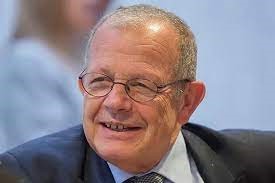 Alain Pellet
Alain Pellet
It is no longer a matter of dispute: sovereignty cannot be conceived as an absolutist ‘Lotus-like’ concept; it confers rights but also duties on the State. The current resurgence of sovereignty in the political discourse challenges the balance between the two.
Instead of being the basis of the competences of the State, which finds in its sovereignty an attribute conferring on it “the right of entering into international engagements”, it is becoming (or reverting to being) an instrument for contesting existing legal rules; and, when invoked carelessly, it aims to flatter the populist and ‘sovereignist’ instincts of the populations at the same time as being largely deprived of any conceptual utility.
That the Westphalian international society was built on a defensive and absolute conception of sovereignty (non-intervention, immunities…) is not in doubt. However, not without jolts,, the balance has shifted in favour of a vision that is better adapted to the needs of a society of equals, in which the sovereignty of each State is limited by the equal sovereignty of all the others. And this movement has become more pronounced as the awareness of the solidarity imposed by the ‘force of things’ has increased: pollution, climate change, epidemics, terrorism, etc. know no borders and imply decided and coordinated action by all countries.
These imperatives remain. And yet, we are witnessing a return of the pendulum, with many countries using their sovereignty to exempt themselves from any duty towards the international community as a whole. Brazil’s President Jair Bolsonaro thus fulminated at the opening of the 74th United Nations General Assembly on 24 September 2019: “We are not here to erase nationalities and sovereignties in the name of an abstract ‘global interest’.” And the signals are not just coming from viscerally sovereign States (China, Russia, Turkey and many lesser lords). It is two former British Prime Ministers who cynically proclaim that their country will not abide by judgments of the ECtHR or the Italian Supreme Court that disregards the application of an ICJ judgment.
The notion of sovereignty is not only exacerbated (to the benefit of the rights it implies and to the detriment of the duties that are its counterpart), it is also deviated and ‘exploded’ at the risk of losing any specificity.
The abuse lies in the use of the word ‘sovereignty’ to characterise other (international) institutions than the State. ‘Peoples’? but if they are sovereign, it is rather like the King, the Parliament or the nation in the domestic order; under international law, peoples have the right to self-determination, but this is more a question of an aspiration to sovereignty than of established sovereignty. The real problem is the attribution of ‘sovereignty’ to the European Union. It challenges the classical definition of sovereignty as the exclusive attribute of the State. By invoking “European sovereignty” at every turn, many convinced Europeans – starting with the French President Emmanuel Marcon – are doing a disservice to the cause of the construction of Europe, which they believe they are promoting. On the contrary, it plays into the hands of nationalists of all stripes, starting with the Rassemblement National in France or the AfD in Germany, or of populist governments in Hungary or Poland that are protesting the sell-off of national sovereignty.
In yet another way, the vogue for sovereignty in the political discourse is contributing to a watering down of the notion. As the basis of the State’s competences, including the power to bind itself, sovereignty is a holistic concept which, taken in its proper sense, cannot be qualified or limited. Paradoxically, to speak of “limitation of sovereignty” reflects an absolutist and erroneous conception of sovereignty: sovereignty cannot be limited, divided or “split up”; it is the criterion of the State and the source of its competences at the international level; if an entity has sovereignty, it is a State and as such enjoys all the competences that international law recognises to States; if it is not sovereign, it is not a State. But “economic”, “food”, “cultural”, “cyber-” sovereignty are misleading expressions; they are used to designate the competences of the State in the particular areas they designate; but to qualify sovereignty is to neglect its irreducible character which, well understood, includes a prohibitive as well as a permissive dimension.
3. Farewell Address by the ESIL Secretary-General
I had the great honour to serve, for three years, as the ESIL Secretary-General. I took the position over from a nice and competent predecessor, Başak Çalı, during the ESIL Annual Conference held in Manchester in September 2018. I passed it over to an equally nice and competent successor, Gleider Hernandez, during the ESIL Annual Conference held in Stockholm in September 2021. During these three years I had the privilege to work closely with two ESIL presidents – Luis Hinojosa and Photini Pazartzis. The cooperation with these two wise and kind scholars, able to deal with the most difficult issues in a diplomatic and nuanced way, was very inspiring for me. So was the cooperation with the staff of the ESIL Secretariat – Joyce Davies, Demeter Chanter, Hélène Debuire Franchini and Maria Grazia Dusina – and with all the members of the ESIL Board. Some Board members finished their mandate during my term as the Secretary-General, others joined the Board after elections. What remained constant was the spirit of collegiality and good will within the Board, which made it a very pleasant and constructive experience for me.
We had ambitious plans for the past years. Not all these plans were carried out fully, mostly due to the unprecedented situation brough by the Covid-19 pandemic. Yet, many have started to be implemented, will remain in place and some will be even further enhanced, in the years to come.
One of these plans pertains to the effort to make the membership and activities of European Society of International Law truly European, and even global. With almost 1.300 members coming from over 80 countries all over the world, the Society already has a pan-European, or even universal, nature. The uneven distribution of members across Europe and the world and the under-representation of certain countries, including the whole Central and Eastern Europe (with 8% of membership only), constitutes however still a challenge. To address this challenge, the Board consciously and consistently sought, over the past years, to make ESIL more attractive and easier to access for international law scholars and practitioners from such under-represented countries. To this effect, the Society organized, in cooperation with local institutions, joint or supported events in places such as Warsaw, Kraków, Prague, Olomouc or Lisbon. Much emphasis was also placed on making sure that in all ESIL events, wherever it is held, people from different countries would be able to participate. Such initiatives will certainly continue to be implemented in the future.
Another important initiative concerns the communication between the ESIL Board and the ESIL membership. This communication had always been in place, relying on various channels (individual or collective emails, personal contact, etc.). One more channel was added in 2021 – the Satisfaction survey. The survey, carried out in spring 2021, aimed at assessing how satisfied members were with ESIL, its organs, its activities and outputs. The Society was pleased to note that the overall satisfaction rate was rather high. They also welcomed all recommendations made by members and considered how these recommendations, mainly those made repeatedly (e.g. the recommendation to increase the participation of legal practitioners in ESIL events or to maintain some events in hybrid/online format), could be put into practice. The Satisfaction survey will become a standard channel of communication that will be used in regular intervals and extended to other groups, such as former members, as well.
Other plans included extending the ESIL activities aimed at younger scholars, increasing ESIL presence in social media, building up a viable and flexible system of coordination of ESIL interest groups or starting a dialogue about the European tradition(s) of international law. Some steps were taken in these areas (a webpage on all the possibilities for ESIL Young Scholars members is in the pipelines, an ESIL LinkedIn account and an ESIL Facebook account have been created in 2021) but there is much more to be done. Moreover, the post-Covid-19 period will certainly bring new challenges that the Society will have to address. Having witnessed how relentlessly and bravely ESIL persevered in its activities during the recent crisis, I do not have doubts that the Society will have no difficulties finding its place in the post-crisis world, for which its core mission “to promote the study of international law and to contribute to the rule of law in international relations” (Article 3(1) of the Articles of Association) will certainly be of particular relevance.
I am grateful that I had the privilege to serve a society with such a noble mission as its Secretary-General in 2018-2021. I wish the new Secretary-General all the best in his new, well-deserved position and I look forward to meeting, and working with, as many ESIL members as possible in future ESIL events and initiatives.
Veronika Bílková (Prague)
4. What’s Going On?
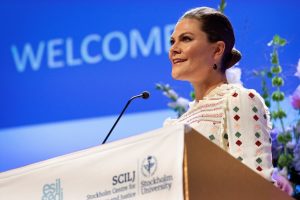 2021 ESIL Annual Conference in Stockholm
2021 ESIL Annual Conference in Stockholm
The 16th Annual Conference of the European Society of International Law took place in the beautiful Aula Magna of Stockholm University on 9-11th of September under the auspices of the Stockholm Centre for International Law and Justice, preceded by pre-conference workshops. The meeting, which had been postponed from 2020 due to the covid-19 pandemic, took place in a hybrid format, with 200 participants onsite and 300 online (including about half of the panelists). The eight fora, twelve agorae and six plenary sessions examined changes in international lawmaking and how these changes are impacted by and impact on national and private norms and processes, that is, how they eventually affect the daily lives of people. Highlights included a welcome session with HRH Crown Princess Victoria (picture), a keynote discussion with Martti Koskenniemi and Sarah Nouwen, a panel remembering James Crawford, a current events panel on covid-19 and international lawmaking and the concluding panel, with Jonas Ebbesson, Andrea Leiter, Makane Mbengue, Anne Orford and Dire Tladi (picture), as well as the reception at the Museum of Modern Art and the dinner at the Vasa Museum. The pioneering hybrid format, made necessary by the lingering pandemic, made the conference the most climate-friendly in the history of ESIL. The inherent technical difficulties of this format were overcome through the great material and financial support of several organisations and the unfailing efforts and dedication of a number of people, including the local organizing committee under the leadership of Pål Wrange, Mark Klamberg and Said Mahmoudi, the student volunteers and SCILJ’s PhD students (who functioned as assistant moderators), the tech team, the programme committee, the ESIL Board and Secretariat and not least all panellists and other participants. The videos from the conference have been edited and will be made available to all registered participants soon.
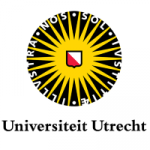 2022 ESIL Annual Conference in Utrecht – The call for papers is now available!
2022 ESIL Annual Conference in Utrecht – The call for papers is now available!
Utrecht University in the Netherlands will host the 17th ESIL Annual Conference whose main theme will be ‘In/Ex-clusiveness of International Law’. The conference takes place from 1 September to 3 September 2022, which will be preceded by Interest Groups’ meetings on 31 August and 1 September. The conference is designed to foster critical reflection on the historical, political, and economic baggage of international law. The fora panels will address the theme in the construction of the history of international law, lawmaking processes, and the production of legal knowledge. The conference will also pay attention to the in/ex-clusiveness in university curricula and legal careers. The selected speakers of the agorae will discuss the theme in, for instance, dispute settlement, human rights, environment law, economic law, and security law. The conference in Utrecht will provide participants with an opportunity to revisit some of the underlying assumptions about international law, practices, and theories.
The call for papers is now available HERE.
The deadline for submissions is 31 January 2022.
 2022 ESIL Research Forum in Glasgow
2022 ESIL Research Forum in Glasgow
The 2022 ESIL Research Forum will take place on 31st March-1st April 2022 at Glasgow. It will be hosted by the Glasgow Centre for International Law and Security (GCILS) at the University of Glasgow. Under the theme of “International Law and Global Security: Regulating an Illusion?”, the Research Forum will address on one of the major themes of 21st century international law. It will look at global security as a dynamic, complex and volatile notion, asking how international law contributes to debates about global security, and how global security concerns shape international law.
The link to the website will be available soon. Follow the organisers on Twitter @UofGCILS
- The list of all the other ESIL events can be found here
5. ESIL Teaching Corner
As an ESIL member, you have access to the ESIL Teaching Corner, which is an online resource for ESIL members to share syllabi, module outlines, reading lists, and other international law teaching materials and tools.
For more information on the Teaching Corner and how to use it, please visit https://www.ejiltalk.org/professional-solidarity-in-teaching-an-invitation-to-the-esil-teaching-corner/. If you have missed our emails with the Teaching Corner credentials or are a new member and do not know the password yet, please contact esil.secretariat@eui.eu.
The latest uploads are:
- Scavenger hunt: ‘Lausanne et le droit international public – Prof. Evelyne Schmid
- Settlement of International Disputes – Dr. Mando Rachovitsa
- Dissidence in Leadership – “What Would Bert Röling Do?” – Dr. Mando Rachovitsa
- The Age of Human Rights – Dr. Mando Rachovitsa
6. Statement of Principles on Diversity, Equality and Inclusion
During the Stockholm Annual Conference, the ESIL Board adopted a Statement of Principles on Diversity, Equality and Inclusion. The statement is one of principle, that condemns discrimination, intolerance and hatred in all their forms. In addition, the Board commits ESIL, in all of its activities, to cultivating and nurturing an environment that promotes the full participation of all of its members in a spirit of diversity, equality and inclusion.
In the coming period, the Board will be developing a number of initiatives, including the creation of a consultative body in relation to diversity, equality and inclusion, and furthering our work relating to early career researchers and new members of the Society. We will, in particular, be asking for input from ESIL members, so please watch the Newsletter and your inboxes for any such announcements.
7. ESIL Series
 In 2017, ESIL and OUP established a book series to publish high-quality volumes on the themes of ESIL events. So far, five volumes have been published, namely:
In 2017, ESIL and OUP established a book series to publish high-quality volumes on the themes of ESIL events. So far, five volumes have been published, namely:
– The Judicialization of International Law. A Mixed Blessing?, edited by Andreas Follesdal and Geir Ulfstein (2018)
-The European Convention on Human Rights and General International Law, edited by Anne van Aaken and Iulia Motoc (2018)
-How International Law Works in Times of Crisis, edited by George Ulrich and Ineta Ziemele (2019)
-Migration and the European Convention on Human Rights, edited by Başak Çalı, Ledi Bianku, and Iulia Motoc (2021).
-The Protection of General Interests in Contemporary International Law, edited by Massimo Iovane, Fulvio M. Palombino, Daniele Amoroso, and Giovanni Zarra (2021)
Further books are in the pipeline, including edited volumes on “Secondary Rules of Primary Importance’ and ‘International Law and Universality’. For more information, please visit the Series webpage.
A video of the book launch for ‘Migration and the European Convention on Human Rights’, the most recent volume in the series, is available here.
If you are interested in putting together a volume for inclusion in the series, please email the General Series Editor, Christian J. Tams (Christian.Tams@glasgow.ac.uk).
8. ESIL Paper Series
The ESIL Paper Series features papers presented at ESIL events (Annual Conferences, Research Forums, and Interest Group events). Publication in the ESIL Paper Series enables authors to disseminate their work widely and reach broader audiences without the usual delays involved in more traditional means of publication. It does not prevent the subsequent publication of papers in academic journals or edited collections.
All Stockholm conference speakers are invited to submit their paper after the Stockholm conference to esil.papers@gmail.com. The deadline for submission of final papers is 1 November 2021.
The current Series editors are ESIL Board members Adriana Di Stefano, Evelyne Schmid and Catharine Titi.
For any enquiries or if you are interested in publishing in the ESIL Papers Series, please send an email to esil.papers@gmail.com.
9. ESIL Reflections
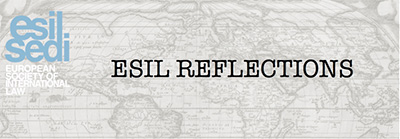 ESIL Reflections are short papers published on the website of the European Society of International Law (ESIL). ESIL Reflections offer up-to-date reflections on current issues in international law.
ESIL Reflections are short papers published on the website of the European Society of International Law (ESIL). ESIL Reflections offer up-to-date reflections on current issues in international law.
The Reflections cover a wide range of topics relating to current developments in international law and practice as well as theoretical reflections in a way that is relatively accessible to non-experts. The aim is to foster discussion between ESIL members and international law scholars and practitioners more generally – in Europe, but also beyond. ESIL Reflections are published online and distributed freely to ESIL members.
The editors are Federico Casolari, Patrycja Grzebyk, Ellen Hey, Guy Sinclair and Ramses Wessel (editor-in-chief).
ESIL Reflections are short papers (3000-4000 words) that argue one particular point that may trigger further debate in the scientific community. Extensive referencing is to be avoided. References are only necessary in case of direct citations or when new or less well-known works are mentioned.
Latest publications are:
- Emotions and International Law by Anne Saab
- GATS the way / I like it WTO Law, Review of EU Legality and Fundamental Rights by Filippo Fontanelli
- ‘Kind of Green’. The U.S. Proposal to Advance Sustainability through Trade Rules and the Future of the WTO by Elena Cima and Makane Moïse Mbengue
10. ESIL Lectures
The recording of the latest ESIL Lecture by Prof. Concepción Escobar Hernández, ILC Special Rapporteur and Public International Law Professor (UNED), on the subject of ‘Immunity of State officials from criminal jurisdiction” is now available.
The lecture was held at the University of Deusto on 20 September 2021.
It is now available on the ESIL YouTube channel here.
All previous ESIL Lectures are listed here.
11. News from Interest Groups
 ESIL Interest Groups are a vital part of the Society’s success and activities. A list of the groups is available on the ESIL website.
ESIL Interest Groups are a vital part of the Society’s success and activities. A list of the groups is available on the ESIL website.
Interest Group on International Law of Culture
During the annual ESIL conference in Stockholm, the IG on International Law of Culture organized a workshop titled ‘Methodology of Teaching, Researching and Practising International Law of Culture: Good Practices and Lessons Learned’ (the programme is available here). This event also debated the agenda for the coming months: the publication of studies stemming from the IG’s online seminar (September 2020) relating to the 15th anniversary of the 2005 UNESCO Cultural Diversity Convention, establishment of a multilingual scholarship database on international law of culture, and support for initiatives by the IG’s members, including co-hosting events with local partners.
Interest Group on Migration and Refugee Law & International Criminal Justice
On the margins of the 2021 ESIL Annual Conference, Stockholm, the ESIL IGs Migration and Refugee Law and International Criminal Justice – in cooperation with the Human Rights Research League – held a successful workshop titled “The Evolution of the Principle of Non-Refoulement in International Law: What Role for New Types of International Law-Making?”. More than 60 scholars and practitioners from all continents were in attendance, where speakers and the audience engaged in a lively and thought-provoking discussion on future developments of this cornerstone principle of international refugee and human rights law, making it a truly interactive and intriguing event. The IG MigRefLaw is also planning other events: check regularly our dedicated website and Twitter account for more information!
Interest Group on International Human Rights Law
On June 21, the Interest Group on International Human Rights Law co-hosted a webinar with John Ruggie on the occasion of the 10th anniversary of the UN Guiding Principles on Business and Human Rights. The panel, moderated by Pierre Thielbörger, included Anita Ramasastry and Robert McCorquodale. On June 23 and 28, the IG co-hosted a series of webinars together with the Institute for International Law of Peace and Armed Conflict (IFHV) in Bochum on “The COVID-19 Vaccination Gap” and “COVID-19 Vaccinations and Human Rights.” Speakers included Diane Desierto, Ruth Okediji, Matthew Kavanagh, Sissy Katsoni, Marko Milanovic, and Iris Goldner Lang. On 24 September, a webinar co-organised by ESIL’s Interest Group on International Human Rights Law, the Institute for International Law of Peace and Armed Conflict (Bochum) and the Graduate Institute (Geneva) was held on ECOCIDE – Legal Revolution or Symbolism?

